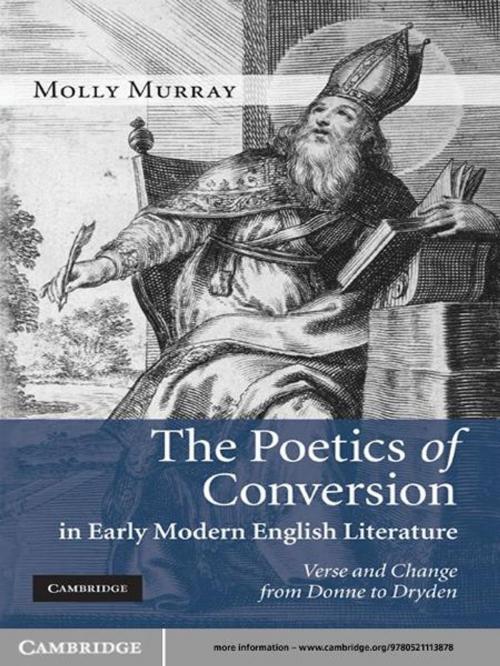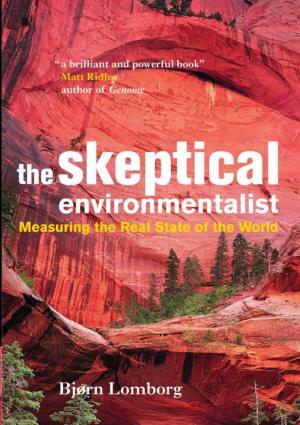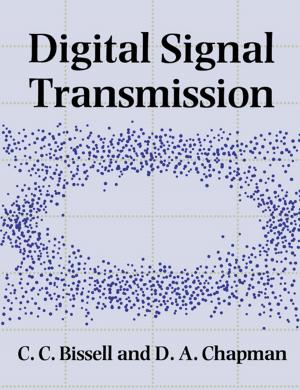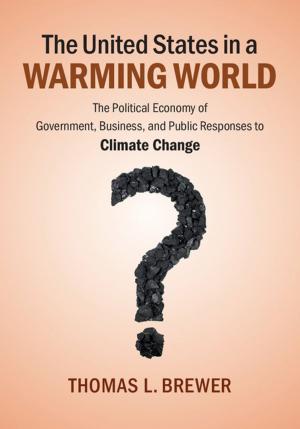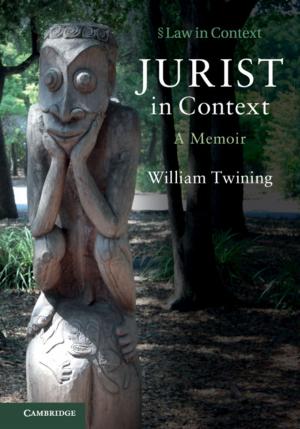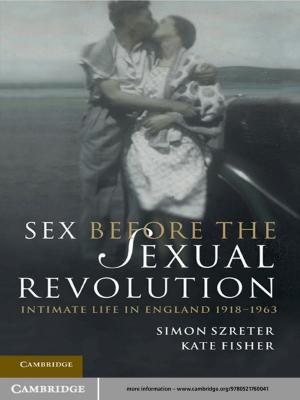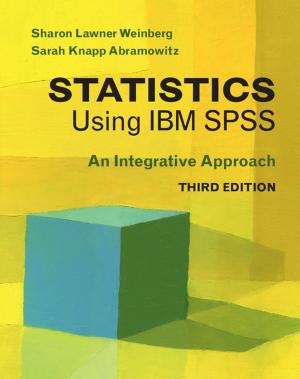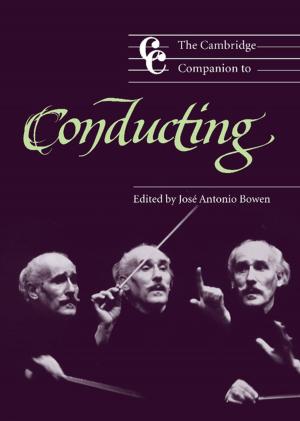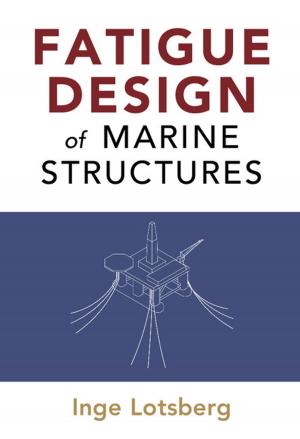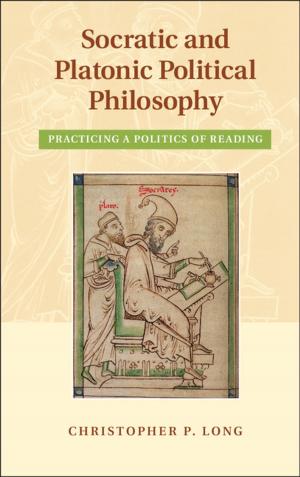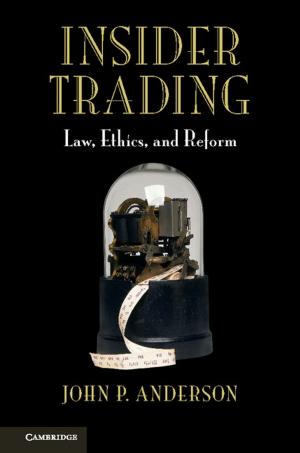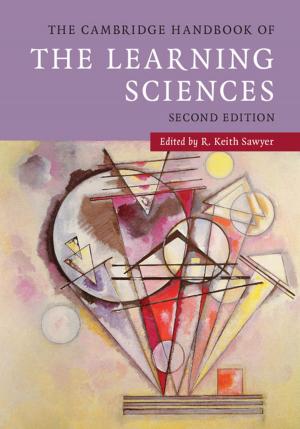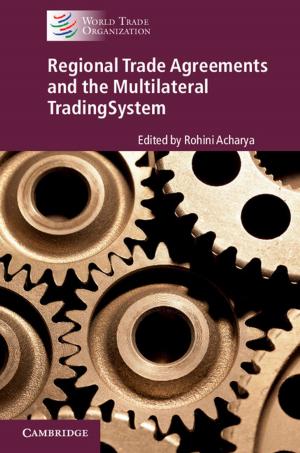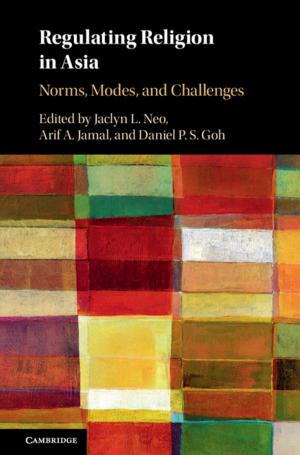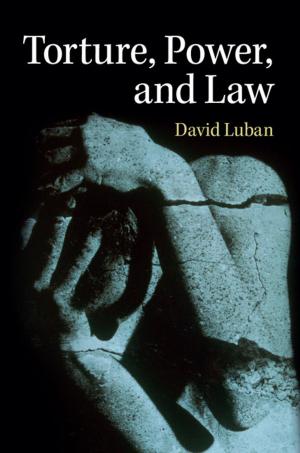The Poetics of Conversion in Early Modern English Literature
Verse and Change from Donne to Dryden
Fiction & Literature, Literary Theory & Criticism, British| Author: | Molly Murray | ISBN: | 9780511847929 |
| Publisher: | Cambridge University Press | Publication: | October 15, 2009 |
| Imprint: | Cambridge University Press | Language: | English |
| Author: | Molly Murray |
| ISBN: | 9780511847929 |
| Publisher: | Cambridge University Press |
| Publication: | October 15, 2009 |
| Imprint: | Cambridge University Press |
| Language: | English |
Christians in post-Reformation England inhabited a culture of conversion. Required to choose among rival forms of worship, many would cross - and often recross - the boundary between Protestantism and Catholicism. This 2009 study considers the poetry written by such converts, from the reign of Elizabeth I to that of James II, concentrating on four figures: John Donne, William Alabaster, Richard Crashaw, and John Dryden. Murray offers a context for each poet's conversion within the era's polemical and controversial literature. She also elaborates on the formal features of the poems themselves, demonstrating how the language of poetry could express both spiritual and ecclesiastical change with particular vividness and power. Proposing conversion as a catalyst for some of the most innovative devotional poetry of the period, both canonical and uncanonical, this study will be of interest to all specialists in early modern English literature.
Christians in post-Reformation England inhabited a culture of conversion. Required to choose among rival forms of worship, many would cross - and often recross - the boundary between Protestantism and Catholicism. This 2009 study considers the poetry written by such converts, from the reign of Elizabeth I to that of James II, concentrating on four figures: John Donne, William Alabaster, Richard Crashaw, and John Dryden. Murray offers a context for each poet's conversion within the era's polemical and controversial literature. She also elaborates on the formal features of the poems themselves, demonstrating how the language of poetry could express both spiritual and ecclesiastical change with particular vividness and power. Proposing conversion as a catalyst for some of the most innovative devotional poetry of the period, both canonical and uncanonical, this study will be of interest to all specialists in early modern English literature.
